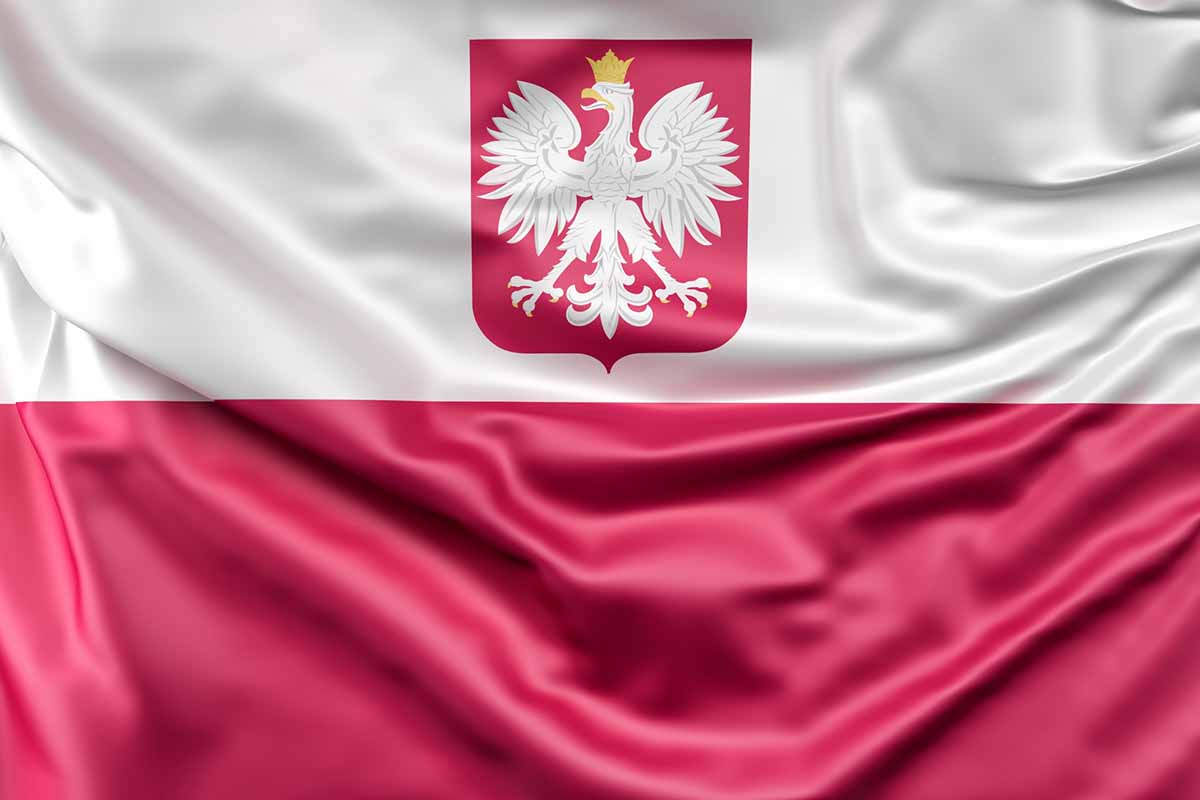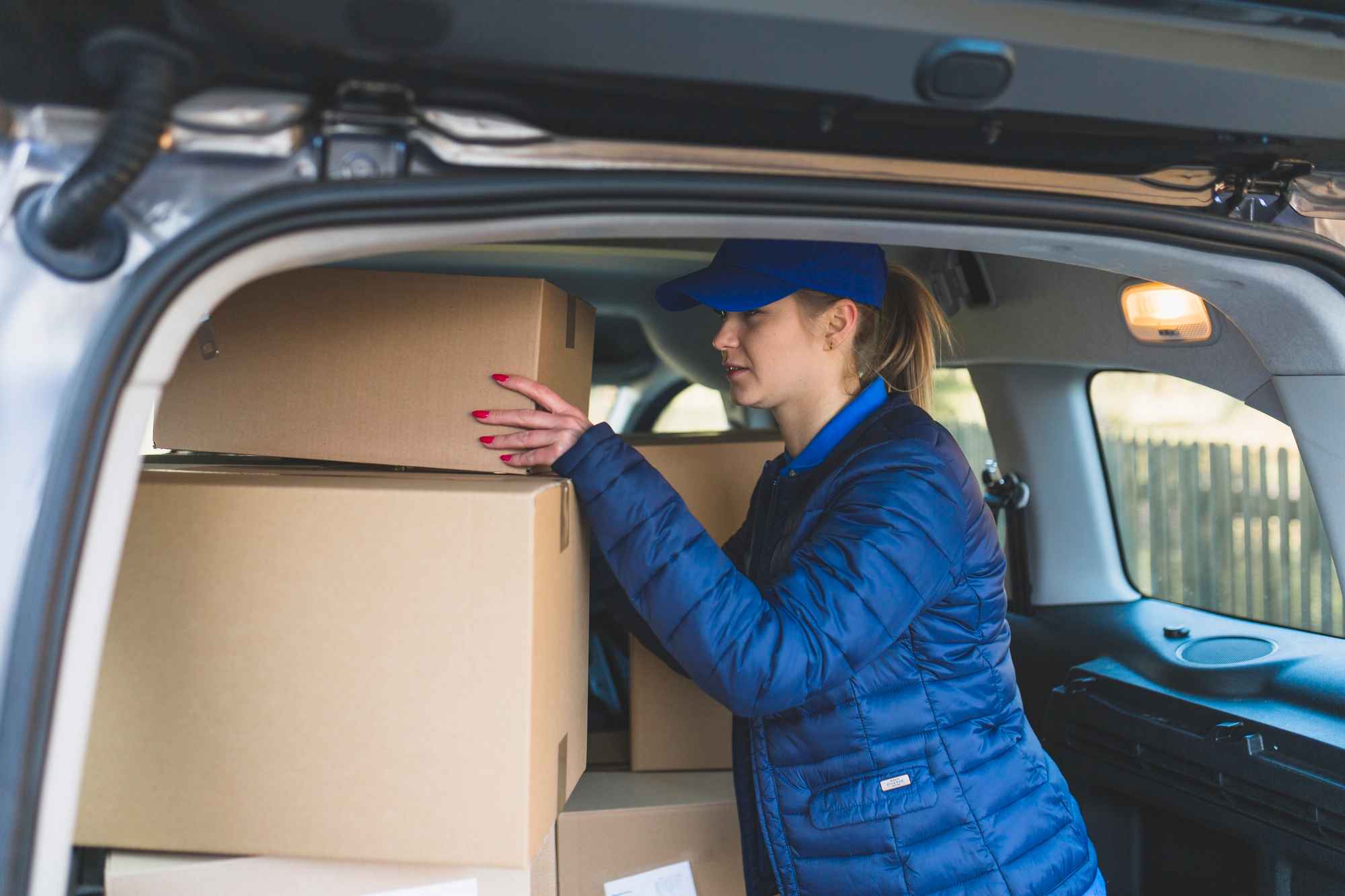
Article content:
Poland is a very popular destination for both direct and indirect export and import. Due to its geographic proximity and developed infrastructure, this route is a priority for many Ukrainian companies.
Today, DiFFreight outlines the key information about commercial cargo transportation — what and how can be imported/exported across the Polish border.
Ukraine actively imports:
We do not provide advice on transporting food and personal belongings.
And other types of cargo. Some categories (such as meat and dairy products) are subject to customs restrictions or require certification. What cannot be transported across the border into Poland:
And more. The full list can be found on the website of the State Customs Service. Customs brokers can help with customs clearance, as imports require payment of duties and taxes. It is also worth knowing what can be transported across the border of Ukraine.
When crossing the border (especially when entering Poland), various problems may occur. Let’s look at the main ones faced by carriers:
| Problem / Error | Consequences | Solution |
|---|---|---|
| Errors in documentation (invoice, packing list, bill of lading) | Delay for clarification and correction of data. Some cargo may be thoroughly inspected if forgery is suspected. | Double-check all data in the papers and prepare for communication with customs officers. |
| Lack of required permits | Without certificates and licenses, the goods will not be allowed into the EU. | Check in advance whether such documents are needed for the specific cargo and obtain them beforehand. |
| Increased control | Thorough inspections cause long queues. | Be patient, have all documents ready, and follow customs officers’ instructions. |
| Technical failures in the system | Long delays of transport. In such cases, only empty vehicles are allowed through. | There is no solution — you have to wait until the system is restored. |
| Driver’s mistakes | Traffic violations, visible technical faults, or studded tires — vehicle stop and heavy fines. | Study the traffic rules and Polish regulations for freight transport in advance. |
Ukraine offers a wide range of products for the European market — from agricultural and food products to metals, machinery, and specialized equipment.
Planning to export? DiFFreight will prepare the necessary documents such as phytosanitary certificates, certificates of origin (EUR.1), and licenses so that your cargo successfully passes customs control. During the consultation, we will explain how to import your product group safely and legally into Poland or any other EU country.
However, DiFFreight does not handle the transportation of:
One of our services also includes a parcel delivery service to Europe for small businesses.

We will explain in detail about the SENT system, which has been operating for a long time, as well as about the recent innovation — RMPD.
SENT is an electronic monitoring system for the movement of “sensitive” goods within the territory of Poland. For Ukrainian carriers performing international transport to the country or in transit, it is mandatory.
The category of “sensitive” goods includes:
And from November 2024, a new monitoring system called RMPD has been introduced. Unlike SENT, it applies to all types of vehicles with a carrying capacity of 3.5 tons and above. In addition, registration in RMPD is required for both loaded and empty vehicles.
This allows tracking the location of transport performing commercial international shipments. Thus, the Polish government contributes to reducing smuggling, improves control over tax payments, and increases transparency of logistics processes.
Usually, the transport is registered in the system by the carrier. It is important that an application must be submitted before each entry into Poland, even if the vehicle is empty. The application is valid for 10 days, and absence or incorrect registration entails significant fines: for the carrier 12,000 zlotys (approximately 120,000 UAH), for the driver up to 2,000 zlotys (20,000 UAH).
Before traveling to the country, carefully study the customs regulations! Poland’s requirements are very strict, and if any prohibited items are found, you may face a fine.
What you are allowed to bring across the Polish border:
What you are not allowed to bring across the Polish border:
When crossing the border, answer honestly about the contents of your luggage. Always check updated rules and requirements before each trip.
Our company actively works in the Poland-Ukraine direction and back. We will quickly and safely deliver cargo to Poland with all necessary document processing. We offer:
We also implement transit cargo shipments through Poland to other countries. Special attention should be paid to proper customs clearance — then your goods will cross all borders quickly and without problems!
We do not provide advice on transporting food and personal belongings.
Personal belongings, gifts, and small purchases within the allowed value limits. The limits depend on whether you cross by car, on foot, or by air.
Yes, but with restrictions. Animal-based products (meat, dairy, sausages) are generally prohibited. Packaged snacks and sweets for personal use are allowed.
Yes, as long as they are for personal use and within the value allowance. Multiple units may be classified as commercial import.
Adult travelers may bring a limited amount of wine, beer, and spirits. Exceeding the limit requires declaration.

